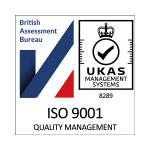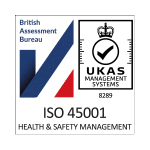Divers from the Royal Navy have safely detonated a number of wartime bombs, shells and flares. It took place at the ranges of the Gower Peninsula, west of Swansea. It is part of a 60-year mission to clear the Welsh countryside of unexploded ordnance.
Ahead of the divers’ arrival, a team of explosive ordnance disposal experts from the Defence Infrastructure Organisation looked for unexploded munitions – marking them with GPS satellites. Scientists from Defence Science and Technology Laboratory (DSTL) recorded everything found on site before the divers from Southern Diving Units 1 and 2 began rendering the objects safe.
Due to many decades of exposure to the cold, salty and wet conditions, most of the internal explosives have been destroyed. The munitions can be difficult to identify due to the outer casings being encrusted in a hard compound, caused by the metal’s reaction to its surroundings.
Chief Petty Officer Diver Andrew Marshall said it makes “a great opportunity for continuation training and practicing drills”.
“The nature of our job is often to react to finding, identifying and subsequently destroying WWII ordnance found by the public, across the country,” he added.
Most of the munitions found are mortar bombs and high-explosive shells. However, divers also occasionally come across chemical or smoke shells such as phosphorous mortar rounds. Any shrapnel and non-explosive shells are taken away and melted down, while unexploded ordnance is taken down to a designated part of the beach and detonated safely.
“In peacetime, skills can fade with a lack of practice, which is why tasks like this on the Gower are so important for the Royal Navy bomb disposal teams,” said Lieutenant Commander Sean ‘Central’ Heaton.
“On top of providing extra training, this operation is key to reducing the threat posed by old ordnance which could be hazardous to the general public.”
https://www.forces.net/news/services/navy/navy-divers-detonate-wartime-bombs-wales











